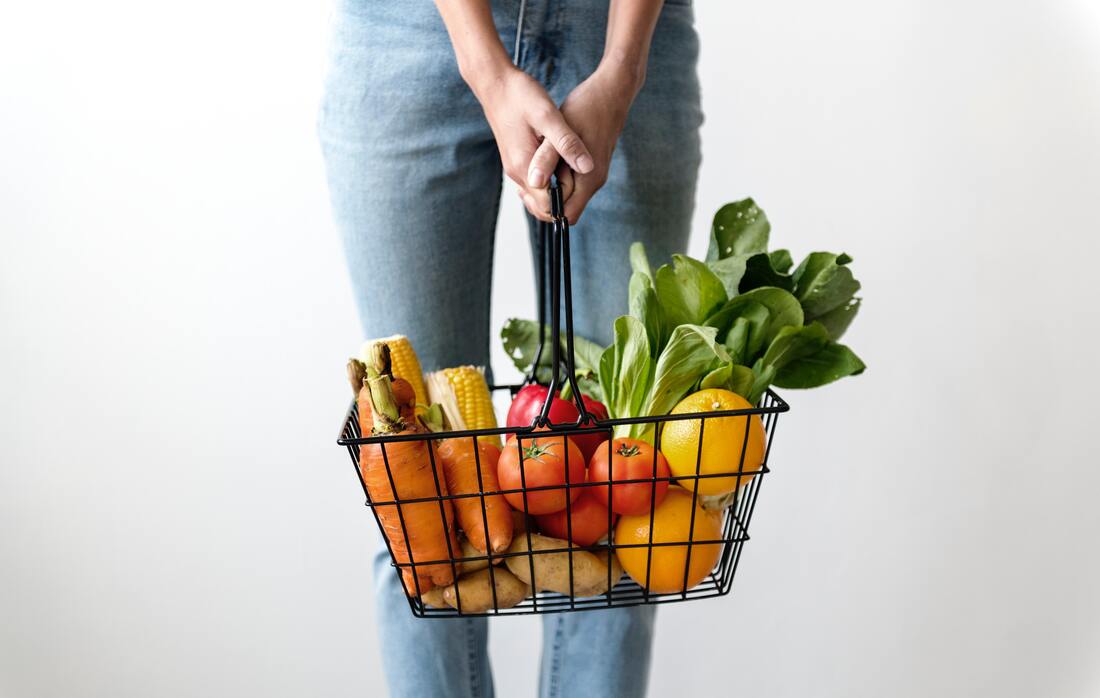Affluent Food Shoppers More Likely to Purchase Natural and Organic Products, New Report Finds6/14/2019  Packaged Facts' consumer survey data found that affluent food shoppers are increasingly moving in the direction of eating more organic and natural foods. They are more likely than non-affluent food shoppers to respond that they are eating more natural foods or organic certified foods compared to a few years ago. Image: Rawpixel ROCKVILLE, Md. -- The belief that natural and organic practices produce foods that are tastier, more nutritious, and healthier continues to germinate in the minds of key consumer demographics. The result has created a pervasive and enduring trend that spreads to virtually every corner of the food and beverage industry.
Also read, National Pork Board Releases New Research Exploring Consumer Behavior When Eating Away From Home. Wealthy Americans are among the most influential and active participants in the natural and organic food market, according to Affluent Food Shoppers, a new report by market research firm Packaged Facts. Packaged Facts' consumer survey data found that affluent food shoppers are increasingly moving in the direction of eating more organic and natural foods. They are more likely than non-affluent food shoppers to respond that they are eating more natural foods or organic certified foods compared to a few years ago. They also have a somewhat higher likelihood of more carefully avoiding foods with artificial ingredients. "Affluent food shoppers are drawn to the food culture and shopping experience offered by stores in the natural channel," says David Sprinkle, research director for Packaged Facts. "They are much more likely than their non-affluent counterparts to shop at either Whole Foods or Trader Joe's or at independent natural food stores, community co-ops, farmers markets or specialty and gourmet outlets." Due to these propensities, Packaged Facts advises that grocers can improve their outreach to affluent consumers by reflecting the values of the natural channel. This means promoting values such as fair trade, local sourcing, sustainably grown products, humane treatment of animals, and clean labeling. It also means carrying brands that align with the mindset of affluent food shoppers. For example, brands meeting the expectations of affluent food shoppers often have a philanthropic image and frequently characterize their ingredients and products with terms such as "honest," "authentic," "trusted," "finest," "freshest," natural," "pure," "real," and "safe." "Since affluent food shoppers are far more likely to buy organic fresh and frozen foods, stores need to provide a full range of options in this category," says Sprinkle. SOURCE Packaged Facts
0 Comments
Leave a Reply. |
Advertisement
News & Updates
Stay informed with the latest news around foodservice, agriculture and other related food news. Advertisement Opportunities
|

 RSS Feed
RSS Feed


